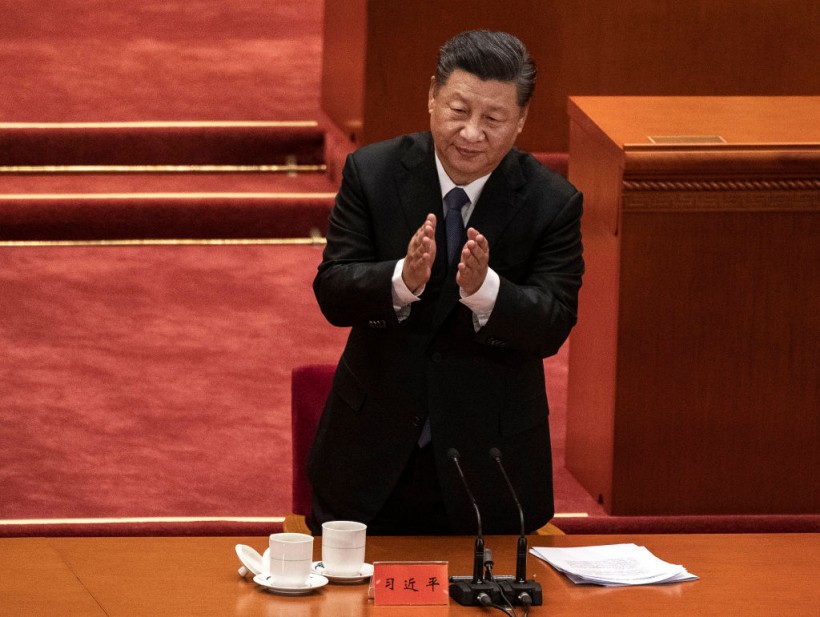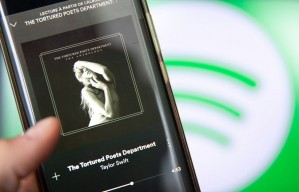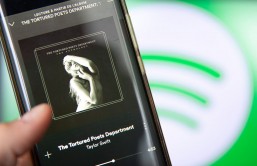
(Photo : Photo by Kevin Frayer/Getty Images)
BEIJING, CHINA - OCTOBER 23: Chinese President Xi Jinping applauds veterans at a ceremony marking the 70th anniversary of China's entry into the Korean War, on October 23, 2020 at the Great Hall of the People in Beijing, China.
CHINA - In order to have a faster pace in tracking international travel and business during the COVID-19 pandemic, Chinese President Xi Jinping is pushing for the usage of QR codes as a way of having a global tracking system for coronavirus.
Earlier this year, China has mandated the widespread usage of QR-based health certificates, a system that uses an electronic barcode that serves as a storage of information for an individual regarding his or her health and travel history, as it has been credited with helping to curb the spread of COVID-19, CNN reported.
The said code is issuing its user a color code based on their potential exposure to the coronavirus, colors used were traffic lights-like, with green as the safest, then amber, and finally red.
According to a report, the Chinese President shared during the virtual meeting of g20 leaders on Saturday that there is a need for ensuring the smooth functioning of the world economy during the global health crisis, as countries need to have proper coordination and a uniform set of policies and standards.
Xi shared that China has proposed a global mechanism on mutual recognition of health certificates which is based on nucleic acid test results in the form of internationally accepted QR codes.
The Chinese President is also hoping that more countries will be joining the proposed mechanism.
Despite the mentioned proposal by Xi, the Chinese President did not explicitly share sufficient information regarding the type of application that will be used or the QR code system that he suggests, as the information regarding its designer and who will run it remains a question.
A number of countries worldwide have introduced several tracking application technologies as a means of monitoring the movements of their respective citizens especially on their potential exposure to coronavirus, which includes Japan, Singapore, and Australia.
But among the mentioned countries, there is no coordination between their systems and as a result, they have had different results in terms of the application's success rate.
In April, a study conducted by Oxford University found that even if just 56% of a country's population will be using a tracking application, it could majorly suppress the coronavirus pandemic in the nation.
Read also: Fauci Says 'Help is On the Way' in the Form of Vaccine, Herd Immunity Possible
Despite its possible positive results, the proposed coronavirus tracking app has been dogged by concerns regarding privacy, especially in the Western region, Daily Mail reported.
Lecturer in computer science at Keele University, Allison Gardner shared that the population in France and the United Kingdom had been reluctant in using coronavirus applications especially when their personal information will be stored externally aside from their phones.
According to BBC, due to the rising concern by countries worldwide regarding the use of the Chinese technology in sensitive industries, there would be likely more concerning questions that will arise in the next few weeks especially on how a QR system coordinated with Beijing will be functioning.
Associate professor at the Chinese University of Hongkong, Stuart Hargreaves shared that while there was nothing inherently invasive regarding a QR code, if it will be used as a storage of sensitive health information then that will be the time that questions regarding privacy will be particularly important.
He also added that what other underlying records will be stored in the application, where it will be stored, how it will be generated, and who will have the rights to access it.
Related article: COVID-19 Vaccine: As People Doubt, Scientists Determine its Efficacy








